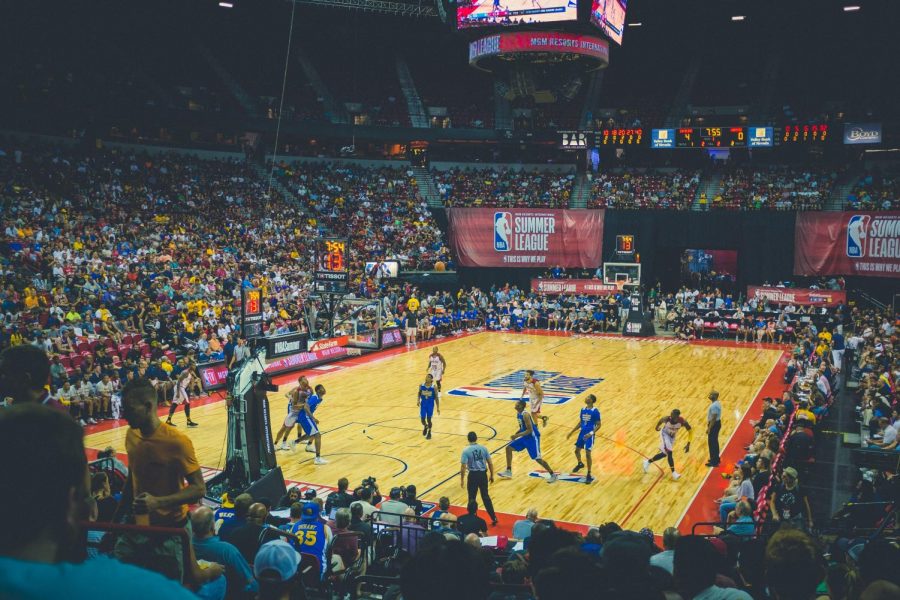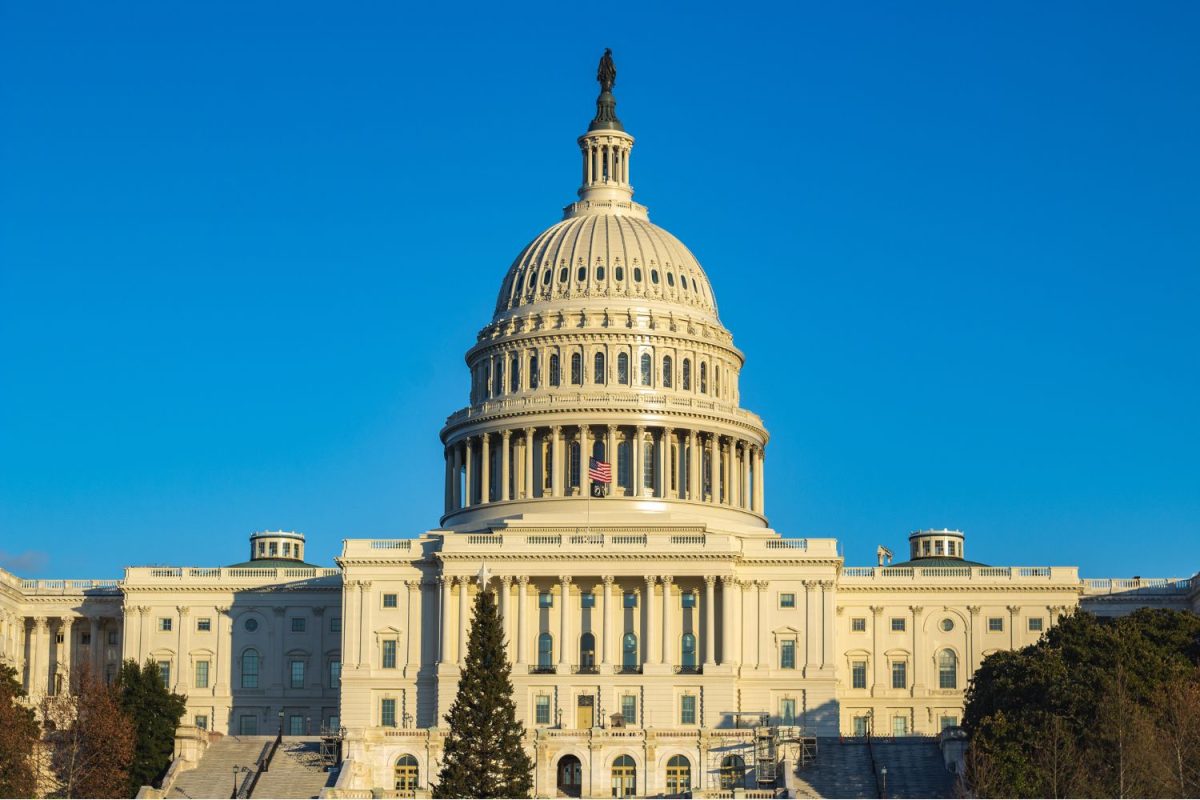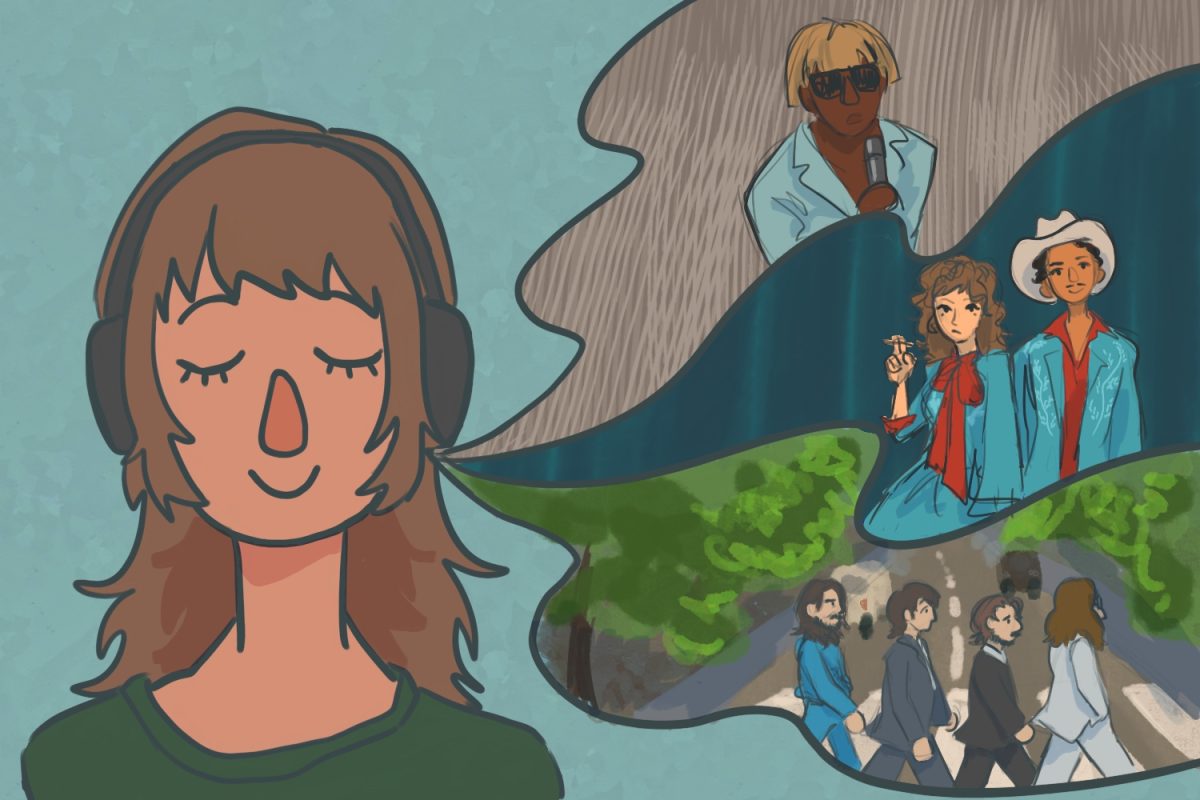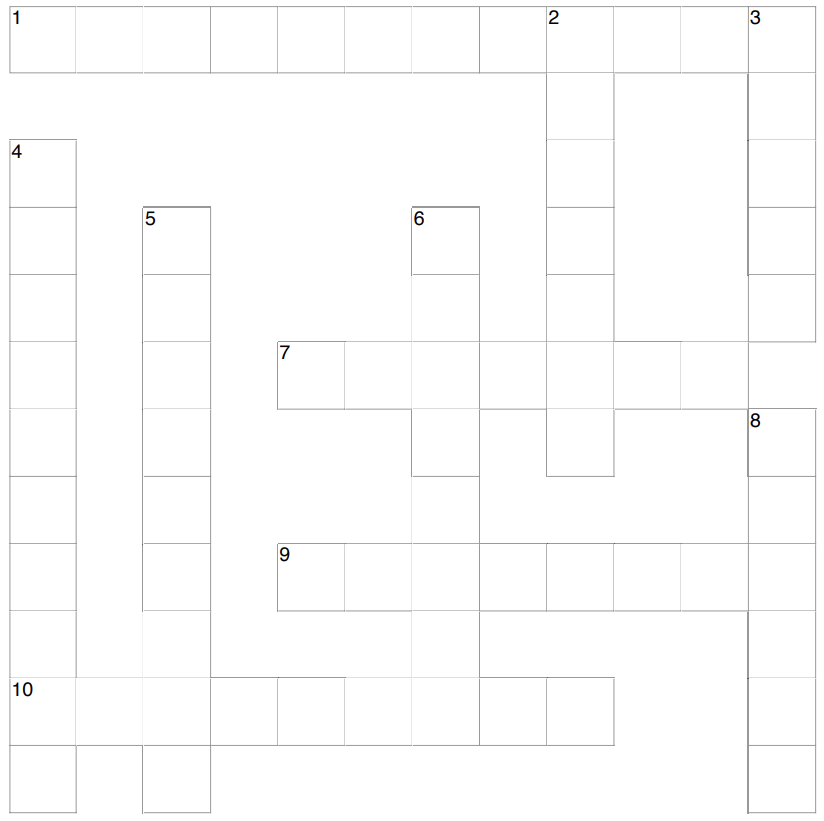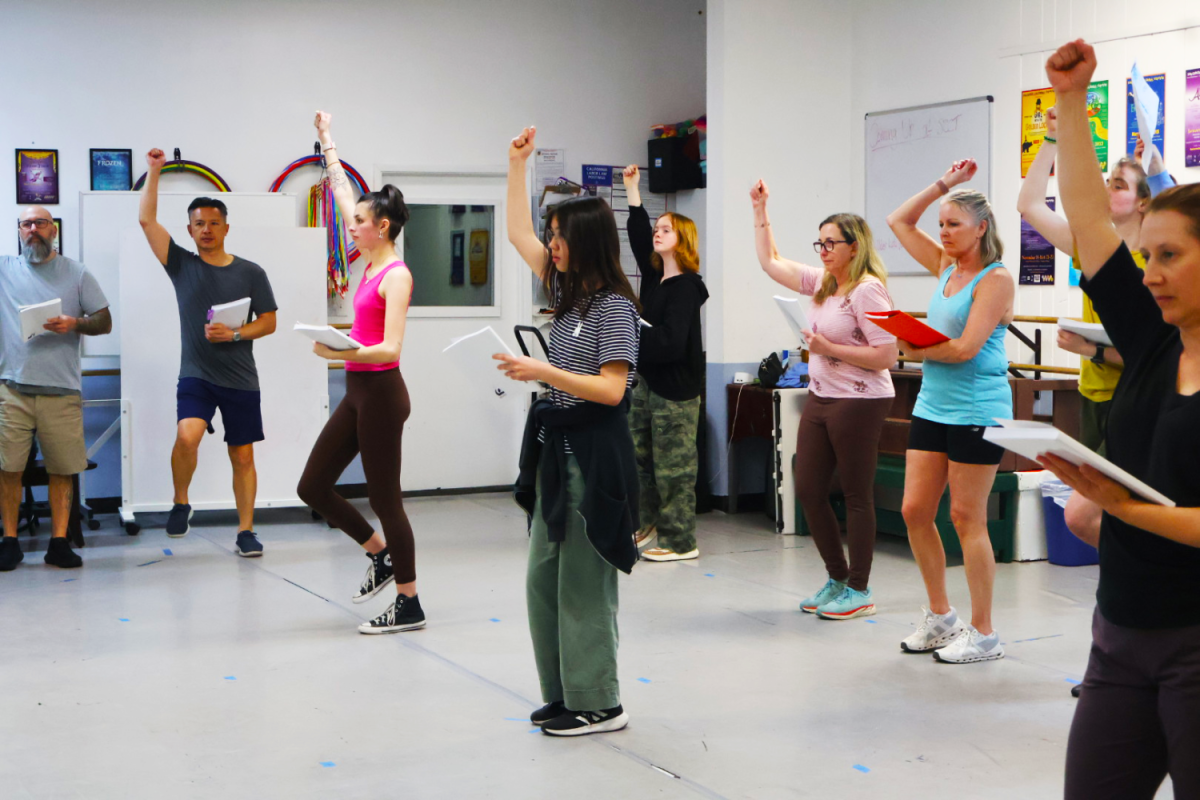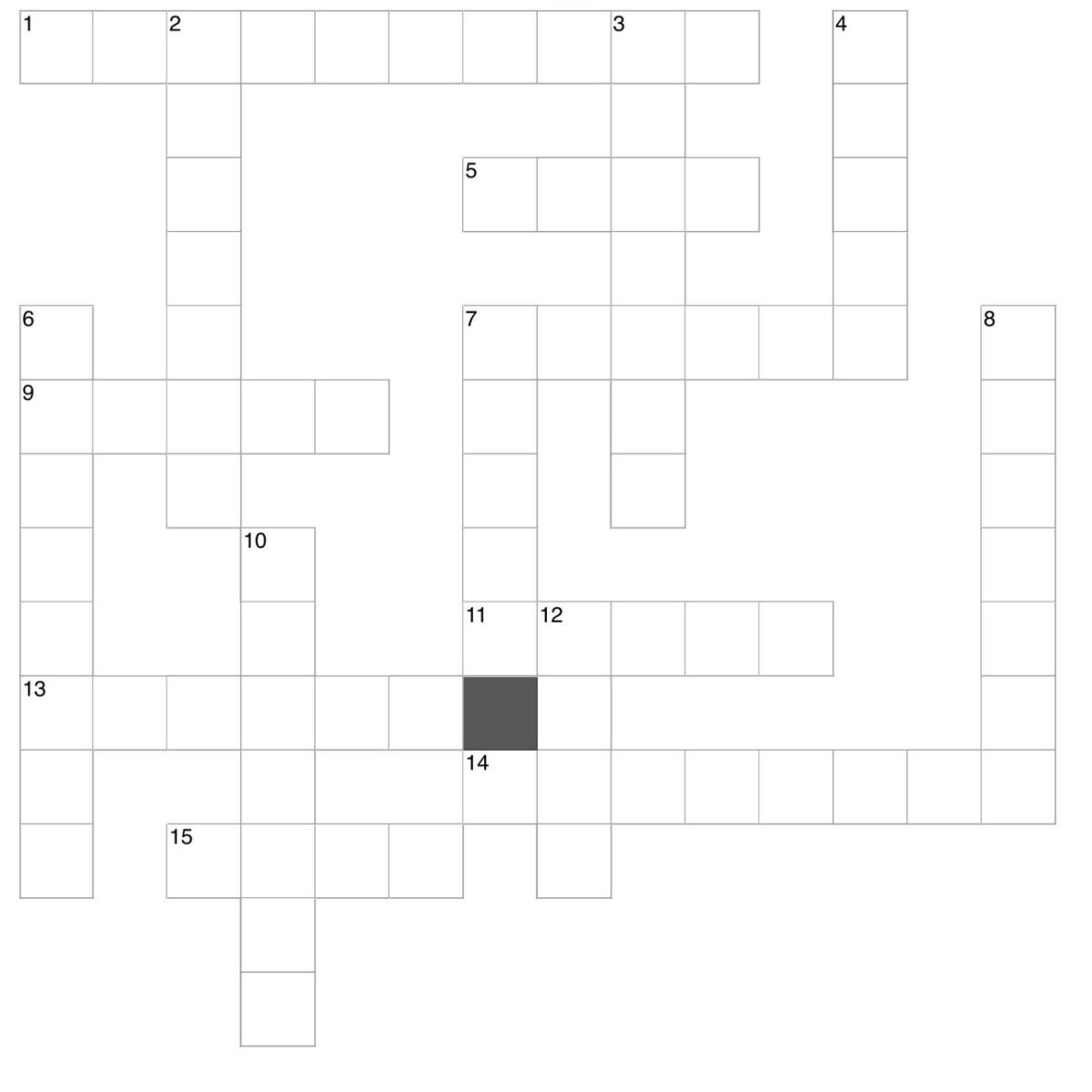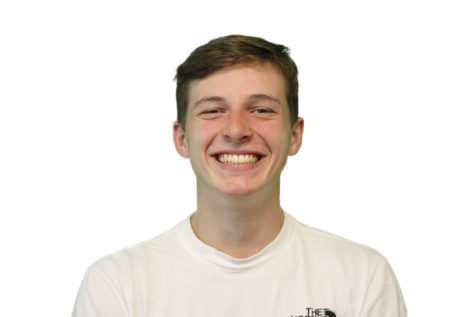With the recent news of two top-15 high school prospects choosing to forgo college and join the new NBA G League’s development program, questions have emerged about the future of college basketball.
On April 16, Jalen Green, the top prospect in the 2020 high school class, decided to join the G League rather than committing to a college. Shortly thereafter, Isaiah Todd, the 13th best prospect who had previously committed to the University of Michigan, also chose to play in the G League. In prior years, top prospects LaMelo Ball and R.J. Hampton went overseas to Australia for a season instead of pursuing college basketball.
“It’s appealing. We have kids leaving the United States—Texas and California and Georgia—to go around the world to play, and our NBA community has to travel there to scout them. That’s counterintuitive. The NBA is the best development system in the world, and those players shouldn’t have to go somewhere else to develop for a year. They should be in our development system,” said Shareef Abdur-Rahim, the G League president.
The G League development system now offers athletes $500,000 to train and travel the country to play exhibitions. Plus, the G League awards these athletes a $125,000 scholarship to also earn a college degree.
Many questions are now circulating about how this new program may put college basketball in jeopardy. More high school prospects may also choose a route other than college since NCAA athletes are not able to earn money.
“[The NBA] is giving them the opportunity to go to college and [the NBA] will pay for their education, so their education is not sacrificed for the benefits of basketball and they are able to earn a decent salary,” said Stephen A. Smith, an ESPN analyst.
Others are not as concerned. They believe attending college is a unique experience that players who choose the G League will miss.
“The stage of collegiate basketball is major. Playing on national TV and having an alumni base to support you going forward. There are a lot of positives to playing collegiate sports,” said Jalen Rose, a former college and professional basketball player.
For every one of the top recruits who chooses to bypass college or only stay one year as a collegiate athlete, there is a late bloomer who developed in college for multiple years before finding the spotlight. Obi Toppin, the National College Basketball Player of the Year, was unranked out of high school and was in his junior year at the University of Dayton when he won the award.
Only time will tell how the new G League and college basketball programs will fare going forward.

